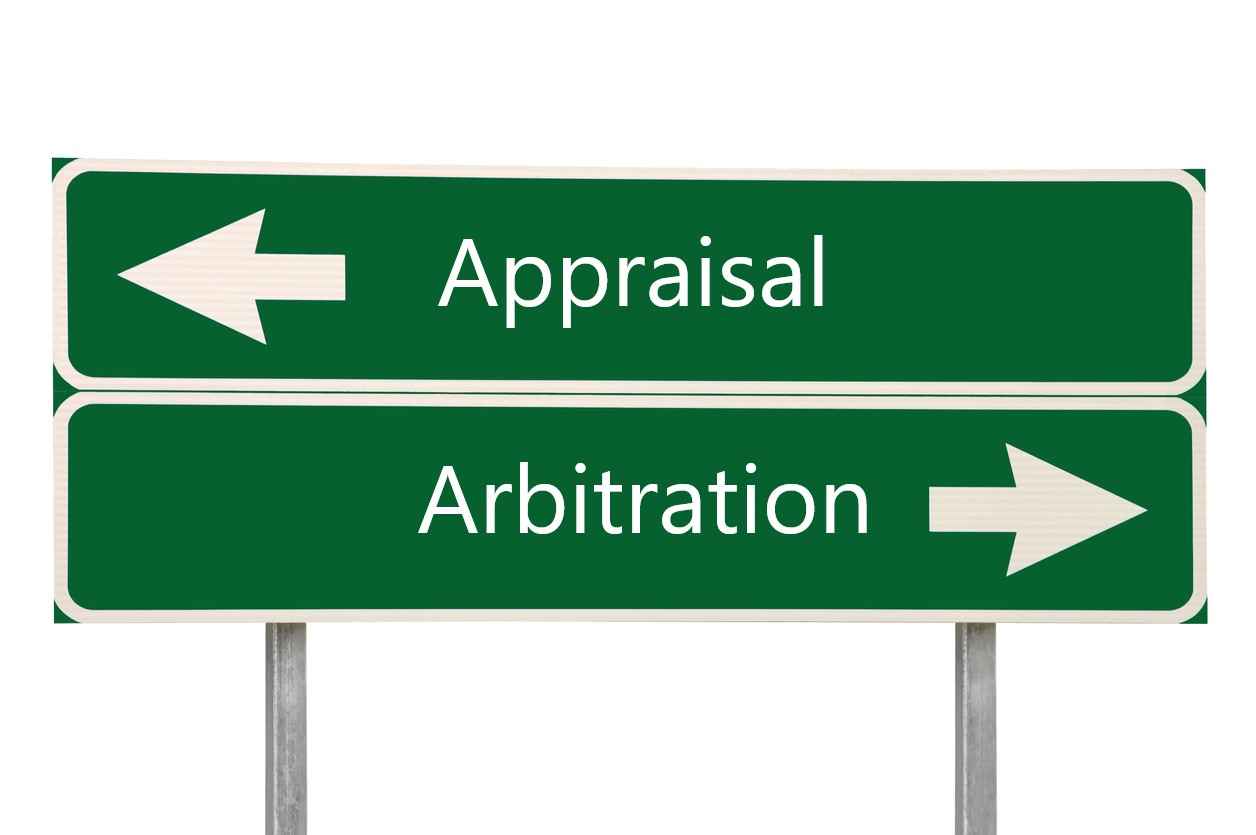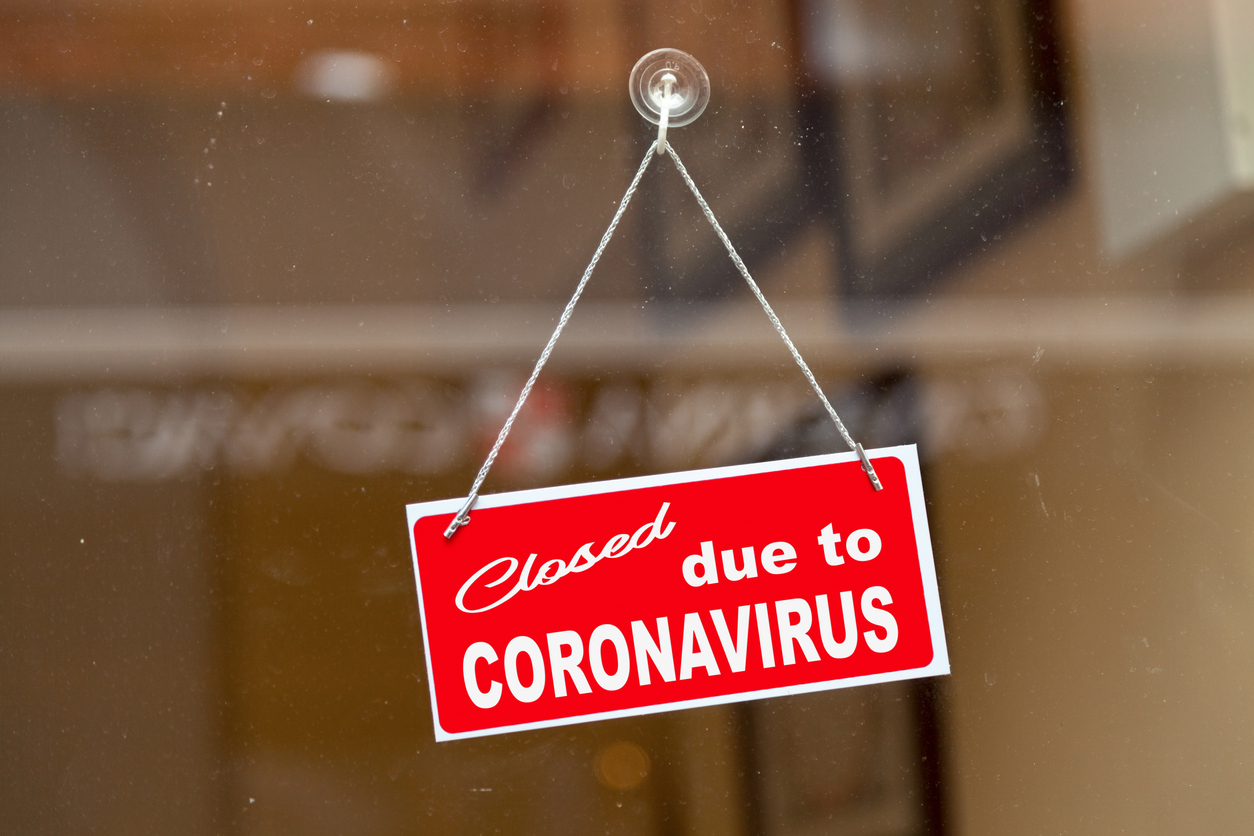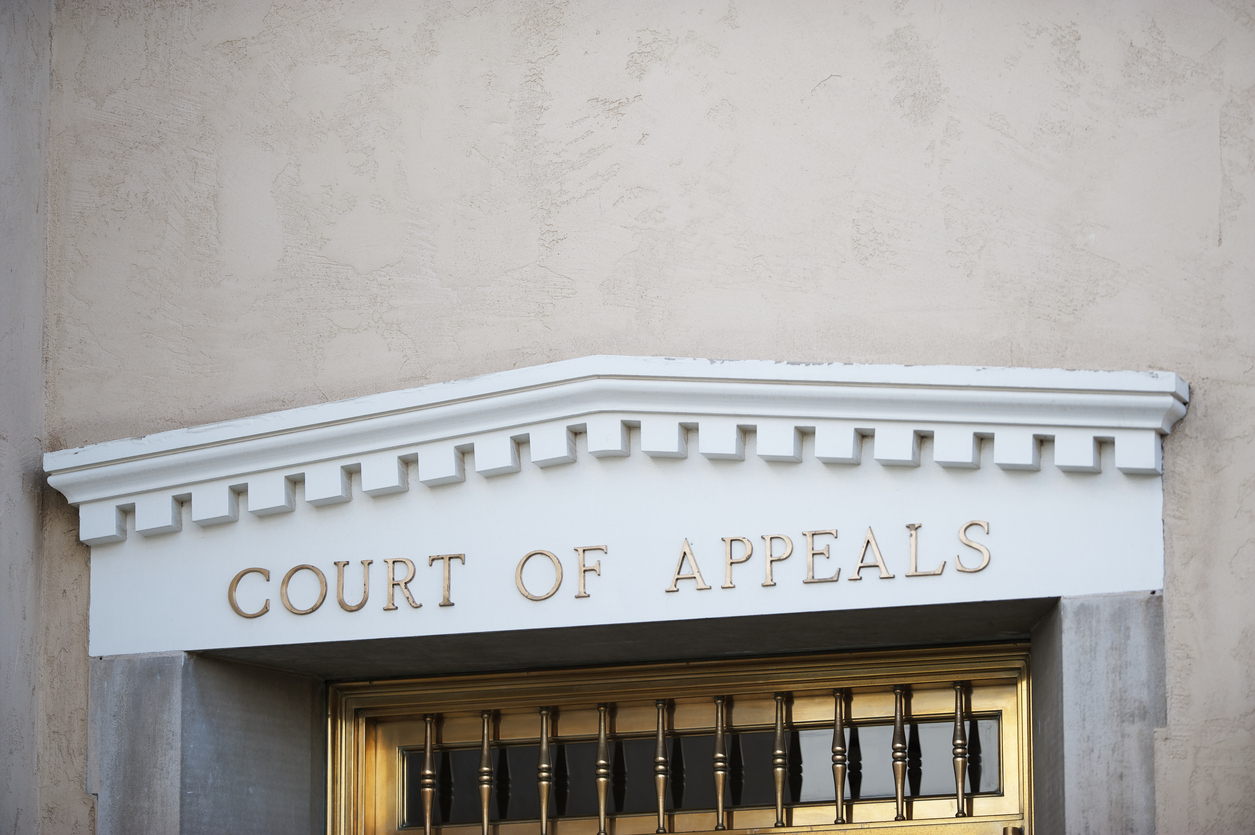At this point, it seems that Hurricane Florence will strike and cause damage to buildings and homes beginning on Thursday, September 13, 2018. While hurricanes seem to always have an ingredient of unpredictability, the experts at the National Hurricane Center are warning of extreme winds, intense rain and storm surge.
Our prior post, Hurricane Florence Categorized as Extremely Dangerous – Precautions are Mandatory, outlined precautionary advice and should be followed before the storm.
After the storm, our experience from other hurricanes, namely Irma, Harvey, and Maria have shown us that people are resourceful and get anxious to get back home and get their business back up and running. What is important to remember is not to jeopardize your health and safety because you are trying to recover as fast as possible. Once it is safe for you to return to the property and time for a claim with your insurance company, we always write up about the common policy duties—namely the duty to show the damaged property (this means you have to make sure the insurance company has the opportunity to see the problems) but also your duty to mitigate your damages (your reasonable effort as a homeowner or business owner to make not allow the damages to be compounded). Temporary roof repairs are different than a permanent new roof and all conditions should be documented before applying any coatings.
Too often claims have been compromised because evidence has been disposed of or altered. To avoid your carrier alleging they didn’t see the evidence of the covered cause of loss or the damaged property, you need to document with photo and video, promptly communicate with your insurance company, and ask them for written instructions on when and how to handle the damage. These best practices sound good but often you can’t reach your insurance company after a storm or get a person on the phone. If this happens to you, continue to document and ensure mitigation but do not throw away items or alter the impact of the damages in the immediate aftermath of the storm. Sometimes it takes weeks before an adjuster comes to the property or even weeks to get access to go back to your property. If this is frustrating you, you can hire your own licensed insurance representative to aid and assist you with the claim. North Carolina, South Carolina, and Virginia all require public adjusters to be licensed and bonded. A good resource to find an expert to help you is the NAPIA website. (https://www.napia.com/)
Since our clients have disputed hurricane claims with their insurance companies, in the aftermath of the disasters we have encountered many of the same issues with the handling and adjustments of claim that you won’t find advertised on your insurance company’s webpage.
- The insurance company is panicked about this storm and the aftermath too. In part, because Florence cuts into their profits, and because the magnitude of loss and number of claims may be too much for their systems and teams to handle.
- The adjuster your insurance company is sending to the loss site may or may not be experienced. And chances are this adjuster is visiting for your company but doesn’t actually work for your carrier directly. Your insurance company may be candid about this because hiring an independent adjuster is not abnormal, but most homeowners expect that the person coming to the house is directly from the insurance company—this is often not the case. Moreover, you expect someone trained and experienced to help you and this is not always the case.
- The representative your insurance company is sending to the loss site may or may not be licensed to handle the insurance claim. Always ask for a business card and their license number. There are emergency licenses that adjusters can get in wake of these storms but sometimes even that doesn’t happen or doesn’t happen timely.
Here is the way to check: https://sbs-nc.naic.org/Lion-Web/jsp/sbsreports/AgentLookup.jsp - This may be your adjuster’s first hurricane assignment. After Irma, I met an adjuster who was a standup comedian in the Midwest before the storm. His insurance and construction training was just enough to get him assigned for CAT duty because his buddy told him he could make a lot of money in a short time before his next series of comedy shows.
- The representative coming to your property doesn’t have a copy of your insurance policy. Deposition after deposition tells us that the adjuster may have access to a declaration page on an iPad but these adjusters are not studying your coverage and endorsements, but are relying on their “experience”.
- You can get another copy of insurance policy from the company and you should ask for the complete copy. Often the renewal saved in the file from the 2018 mailing is missing important forms or the main policy booklets because they were mailed separately – sometimes five years before the renewal. If you don’t ask for it, some insurance companies may take your silence to mean that you were familiar with the coverage. Some carriers give the impression that any insured who doesn’t ask for help knows all of the insurance provisions backwards and forward as if they had a CPCU certification, and they don’t assist their insureds.
- The representative coming to your property doesn’t really have time to be there and get all of his or her assignments completed, or if they do a dedicated inspection and detail the damages they won’t be able to inspect all the other assignments or write up the estimates they need to turn in. The logistics of the inspection time, travel time, and estimate writing time is often far too much for a human to complete in one day and these adjusters are tasked with these assignments for several weeks, often with 6 day a week schedules. There is no office day for catch-up or verification, so often items, rooms, and components of damage are going to be missed or just plain wrong on your claim evaluation.



